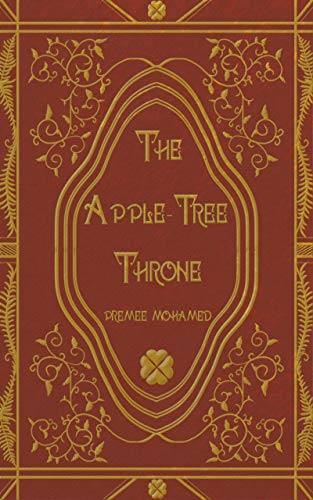I have been defeated enough. And I am still fighting a war on more fronts than I ever have. [loc. 390]Lieutenant Benjamin Braddock has come home to the Greater Republic of Britannia, home from the war with a bad case of survivors' guilt and a leg that doesn't work properly. He is a haunted man: figuratively, by dreams and memories of the war and the camaraderie of soldiers; and literally, by the ghost of his dishonoured commander, Major-General Theodore Wickersley. Wickersley's family seem to want Ben to take the place of their dead son: Clark and his wife Victoria (Vic), Ben's only friends, worry about Ben's state of mind.
Ben does not tell anybody about the ghost.
There is enough alternate-history backstory here for a whole series of novels. Though Ben's world is reminiscent of Britain in the Edwardian era, there are technologies that didn't exist in our world: 'radio-viz', which broadcast (in crystal-clear black and white) the execution of Wickersley by Captain Eleutherios; aqua-ponds, which provide energy; ornithopters, which might have made a difference to the war except that the enemy used glass-stringed kites to bring them down. The British monarchy has been abolished, and the nations are referenced by unfamiliar names -- Neo-Gall, Prushya, Gundisalvus’ Land. The class structure, however, is (for the most part) blithely intact. Wickersley's family are aristocrats, basking in their privilege and assuming that Ben is theirs to control: Ben, who grew up more or less on the streets, is not prepared to play their games.
And Ben has no Latin, so can't decipher the inscription in Wickersley's pocket-watch: Cotidie damnatur qui semper timet. The reader, though, knows or can Google it: The man who is constantly in fear is every day condemned. An interesting epigram for a man rumoured to have died a coward's death: an interesting insight into Wickersley, that might comfort Ben if he understood it.
The Apple-Tree Throne is a poetic, melancholy tale. Ben's first-person, present-tense narrative conceals as much as it reveals, but never with the sense that something is deliberately omitted to maintain the story. I can't discuss the ending without spoiling it -- and this is definitely a story that needs to be read 'cold' -- but my reaction was "Oh! Yes, of course." Which is to say: there's a twist, but it is so carefully foreshadowed that it is wholly satisfying.
Interestingly, this world also has an alternative rhyme for counting magpies (or crows, I suppose): "One for trouble, two for tears... Three for courage, four for fears. Five for a journey, six for a home, seven for a ha’nt doomed ever to roam." [loc. 462] I wonder if this is reflected in the structure of The Apple-Tree Throne...

No comments:
Post a Comment